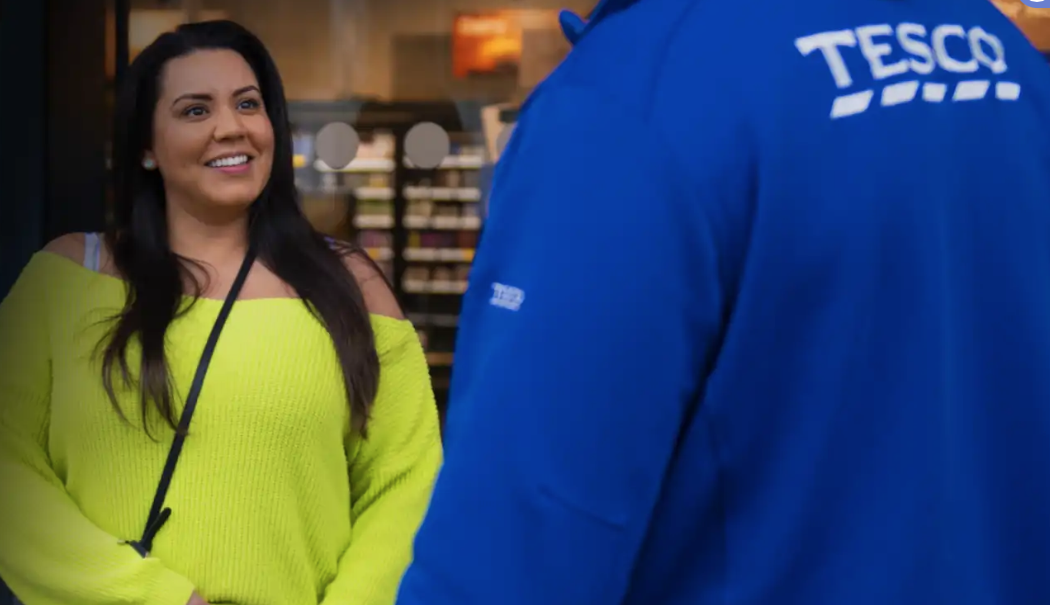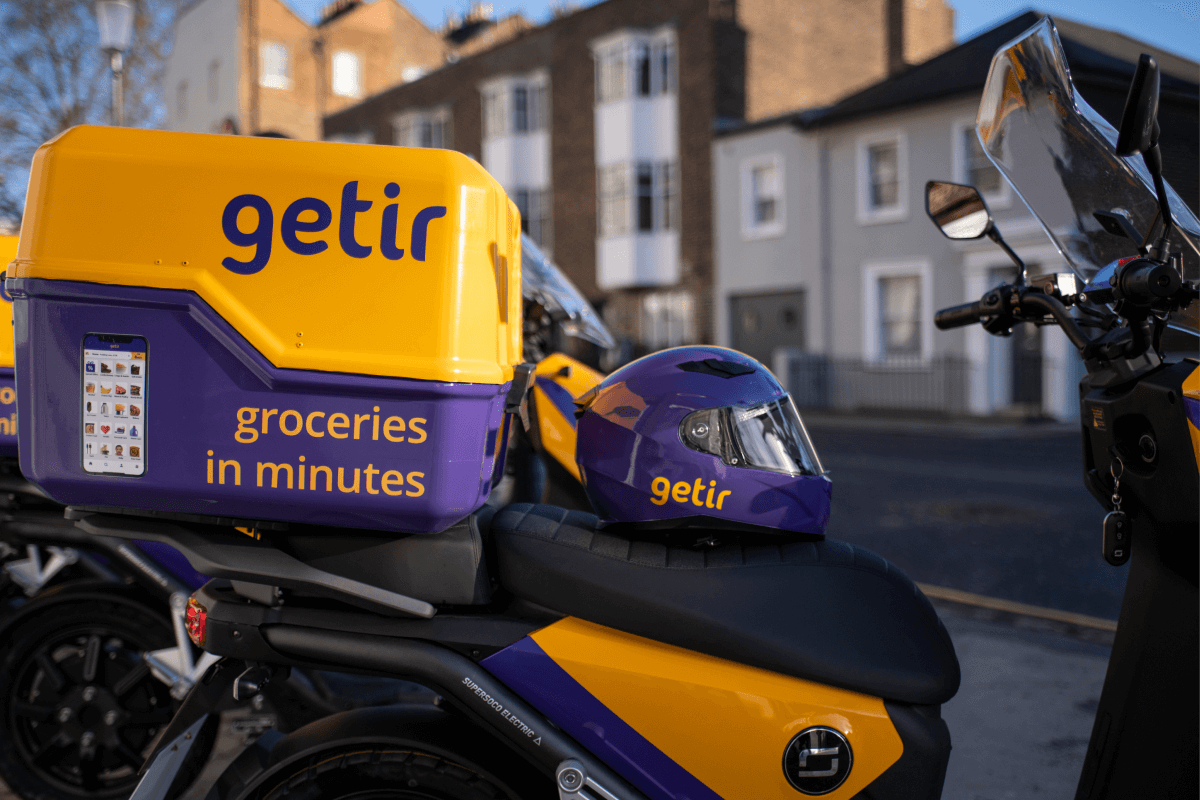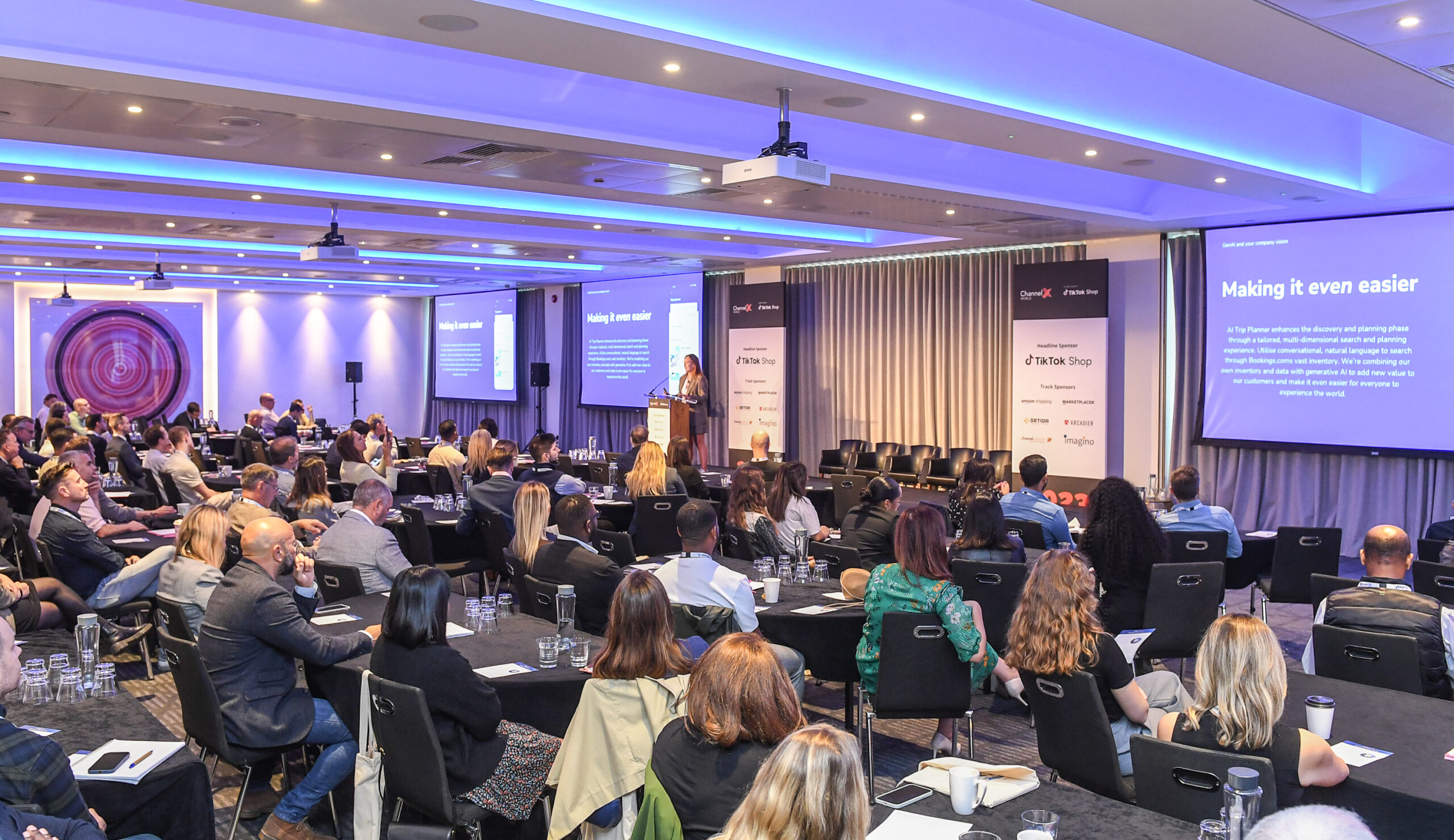The fourth annual survey of global retail CEOs by JDA/PwC reveals most retailers continue to struggle with omnichannel profitability. Emma Herrod looked deeper into the report.
JDA/PwC surveyed more than 350 retail and consumer goods CEOs and found that the majority of retailers continue to struggle with omnichannel profitability. However, despite this, 69% of executives plan to increase their investment in digital technologies to improve the customer experience.
According to the ‘CEO Viewpoint 2017: The Transformation of Retail’ report produced by JDA/PwC, when it comes to physical stores, CEOs have invested, or plan to invest in, clienteling (76%), personalised mobile ‘push offers’ and beacons (76%), and smart mobile devices for staff in stores (79%).
Outside of the store, big data (86%), mobile-enabled applications (85%) and use of social media data (85%) are the top technologies survey respondents are investing in, or plan to invest in over the next 12 months, along with automation and the Internet of Things (IoT). The use of social media and big data is becoming an important tool for retailers by offering deep insights into rich sources of customer information, allowing them to create credible customer segments, while understanding shopper preferences.
Despite the obvious importance of having a digital transformation strategy in place, surprisingly, more than half (52%) of respondents (47% in the UK) have not yet defined or started implementing a digital transformation strategy. This reflects the fact that many retailers still have work to do in terms of fitting the strategy piece into the digital transformation puzzle.
“The investment in digital technologies was a major undercurrent within this year’s survey results. This is no surprise, since retail CEOs understand just how important it is to invest in the technology that will improve the customer experience, particularly in-store,” says Lee Gill, Group Vice President, Global Retail Strategy, JDA. “The report findings also reveal the continued balancing act retailers are struggling to maintain with ensuring omnichannel excellence and profitability – all while meeting the demands of the modern shopper and keeping pace with the digital transformation underway across the supply chain.”
IMPACTING PROFITABILITY
As omnichannel retailing continues to mature, and retailers have blurred the lines between online and store, their attention has shifted to implementation and profitability. Among global retailers, omnichannel continues to lag in areas of order fulfilment and profitability is still a challenge, with only 10% of those surveyed able to make a profit while fulfilling omnichannel demand; this figure falls to just 3% for the UK market. Only 12% of CEOs surveyed, down from 19% in 2014, provide a seamless shopping experience across channels. These retailers are finding their omnichannel offerings to be too complex or expensive and are choosing to scale back.
Some 74% of respondents believe the cost of customer returns is impacting profits to at least some extent, a figure that rises to 85% for the UK. As CEOs look to regain profitability, their chosen areas for order fulfilment investment are prioritised by those that are the most important and net the most financial return. However, many are yet to perfect the fulfilment part of the supply chain picture. Stock-outs proved a particular concern for UK retailers, with more than a third stating that when it comes to supply chain issues, this was their number one concern.
The survey found that retail CEOs are increasing their investment in click & collect; 51% either offer or plan to offer it in the next 12 months – up from 47% in 2016. ‘Buy online, ship to store’ has picked up steam in the past year, with 48% of retail CEOs investing in this service or planning to, in the next 12 months. Conversely, fulfilment options that are becoming costlier and less profitable are areas where CEOs are decreasing investments in 2017. These include same-day delivery, which was 43% (35% in the UK) last year, but is just 33% (28% for the UK) this year, and specific delivery slots, which were 48% (51% in the UK) last year, but are just 27% (25% in the UK) this year.
The rising costs involved in fulfilling orders is also pushing executives to rethink their overall strategy. 2017 will see increased charges for online orders; 57% plan to or will make this change in the next 12 months, up from 29% last year. There will also be a rise in minimum order thresholds for free standard home delivery (62% plan to or will make this change in the next 12 months), which is up from 39% last year. Raising the minimum order value for click and collect (55% plan to or will make this change in the next 12 months), is also more likely than last year, when just 31% said they would take this approach.
“While retailers have increased fulfilment options over the last year to meet consumer demands, as click and collect becomes a staple and ‘buy online, ship to store’ emerges as another fulfilment capability, retailers now need to balance the effectiveness and profitability of the fulfilment channels they offer with customer satisfaction. Because if shoppers experience a problem with home delivery or in store pickups, that is a lost sale – and customer – that retailers can’t afford in a highly competitive market,” noted Gill.
“We have witnessed unprecedented change sweeping the retail industry that continues in earnest as retailers reimagine their strategies to transform the customer experience, making it seamless and personalised, no matter how they shop. Supply chain complexities and cost will continue to challenge retailers, and the difference between winners and non-winners will be how much, or how little, retailers understand their customers moving forward,” concluded Gill.





